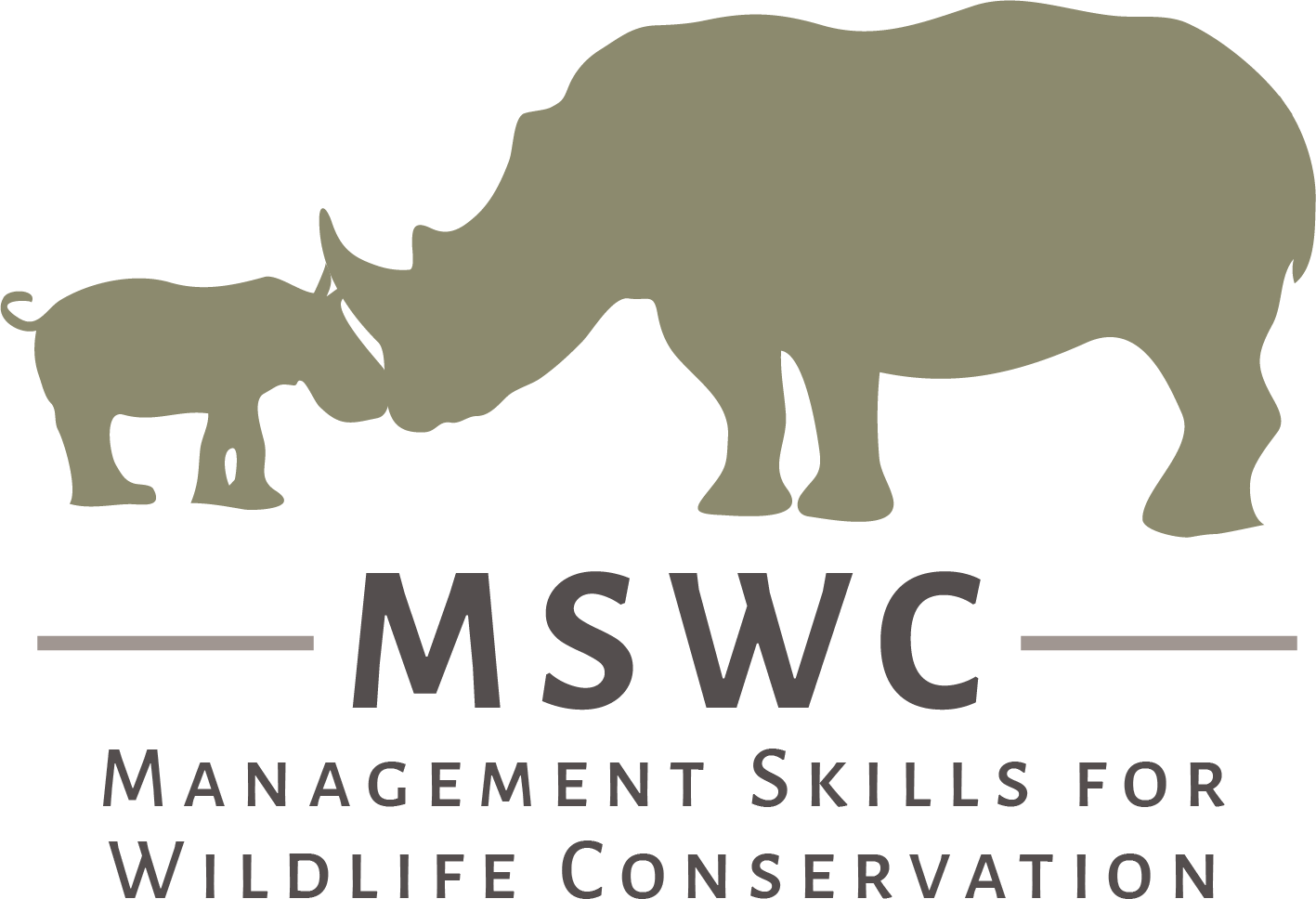Join us on Facebook: Management Skills for Wildlife Conservation – MSWC
Talk to us:
email: info@mswconline.org
3520 Leland Street
Chevy Chase, Maryland., 20815
USA

Management Skills for Wildlife Conservation
Develop and disseminate locally relevant and scalable management education for wildlife conservancies
Join us on Facebook: Management Skills for Wildlife Conservation – MSWC
email: info@mswconline.org
3520 Leland Street
Chevy Chase, Maryland., 20815
USA